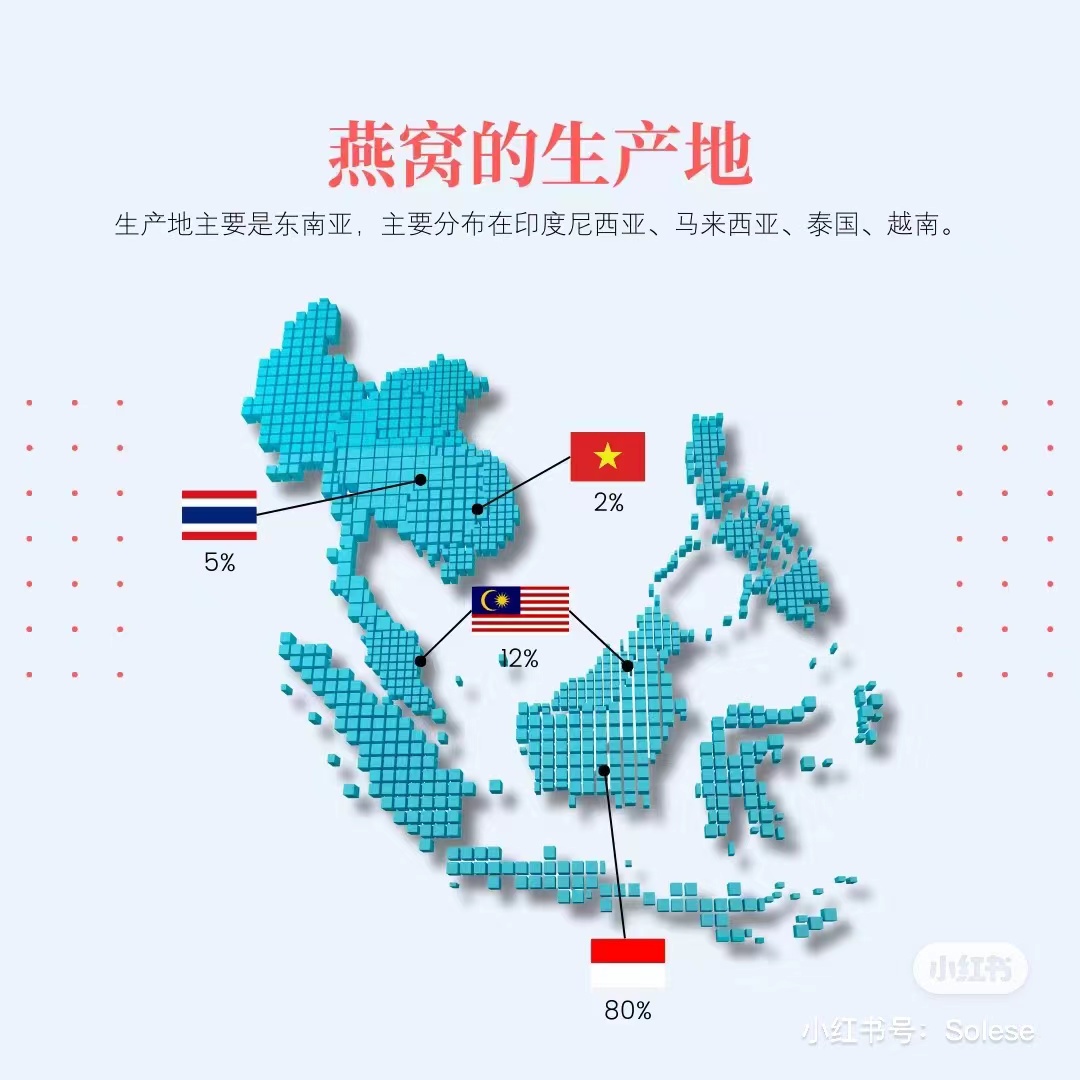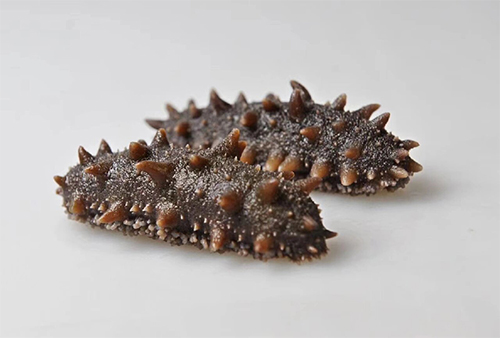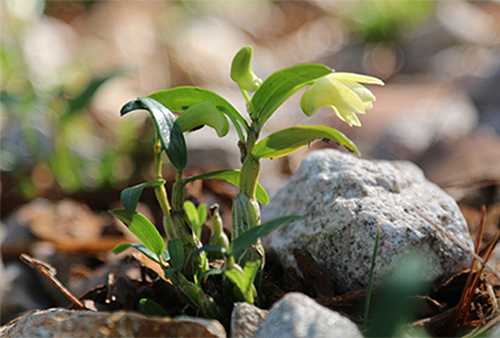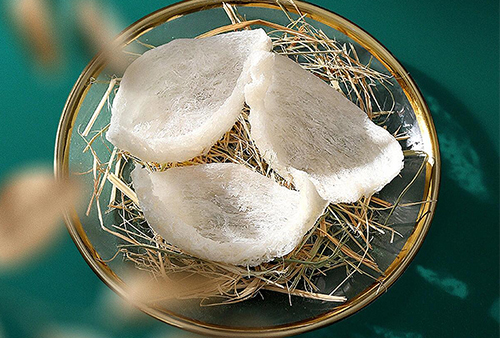Bird's Nest Stories You Don't Know
Author: YRB
Release time: 2024-04-17 15:38:03
Zheng He of the Ming Dynasty was the first person in China to consume bird's nest. According to historical records, during Zheng He's voyage to the Western Ocean, the ocean-going fleet encountered a major storm and anchored at a deserted island in the Malay Archipelago due to food shortage. They accidentally discovered bird's nests hidden on the cliffs. Zheng He then ordered his subordinates to pick and clean them, cook them in clear water to stave off hunger. After a few days, the crew members all had rosy faces and were full of energy. When he returned to China, Zheng He brought some bird's nests to Emperor Chengzu of the Ming Dynasty. From then on, bird's nest became an indispensable delicacy for Chinese people, and Zheng He became the earliest person recorded in Chinese history to consume bird's nest.

In the "Diao Ding Ji" recorded in the Kangxi period of the Qing Dynasty, the bird's nest is listed first in dozens of "upper seat menus". It is verifiable from written records that bird's nests were imported into China around the late 17th century. It is reported that at that time, about 125,000 pounds or about 400 bird's nests were shipped from Batavia in Java (now Jakarta) to China each year. This coincides with the time and countries passed by Zheng He's seven voyages to the Western Ocean. Many historians also believe that Zheng He brought bird's nests and the method of cooking bird's nests in Southeast Asia into the Central Plains. From this, it can be inferred that bird's nest was quite popular in China at that time.
Bird's nest ranks first among China's four traditional famous foods - bird's nest, abalone, shark fin, and ginseng, and is regarded as a top-grade nourishing food and precious medicinal material by global Chinese. Its main ingredients are various high-grade proteins, amino acids, nitrogenous substances, fiber, various minerals, trace elements, various vitamins, and unique epidermal growth factors necessary for the human body, and it has a very good nourishing effect. Bird's nest, as a precious nourishing product, is very beneficial to most people.
Madame Soong Mei-ling, who lived to be 106 years old, would eat a small bowl of rock sugar bird's nest every day. There is a record here: On September 21, 1990, a "China Airlines" special plane was waiting to depart at Taipei Songshan Airport. This plane was the "presidential" seat plane sending Soong Mei-ling to the United States. The special report on this news by the "Time Weekly" in Taipei at the time wrote: With more than 90 pieces of checked luggage, Madame Soong Mei-ling bid farewell to Taipei and flew directly to New York, USA. This scene occurred at 10:18 am on September 21 (the eve of the Mid-Autumn Festival) at the farewell scene of the military airport in Songshan, Taipei. It is probably a historical lens for this 91-year-old woman of the Chiang family. What did Mrs. Chiang take away? What did she leave behind? According to China Airlines staff, the old lady had more than 90 pieces of luggage this time. Most of the suitcases were filled with "clothing", "cheongsam", "daily necessities" and "washbasins" for the lady's personal use. Among them, there was a box of bird's nest and moon cakes.



